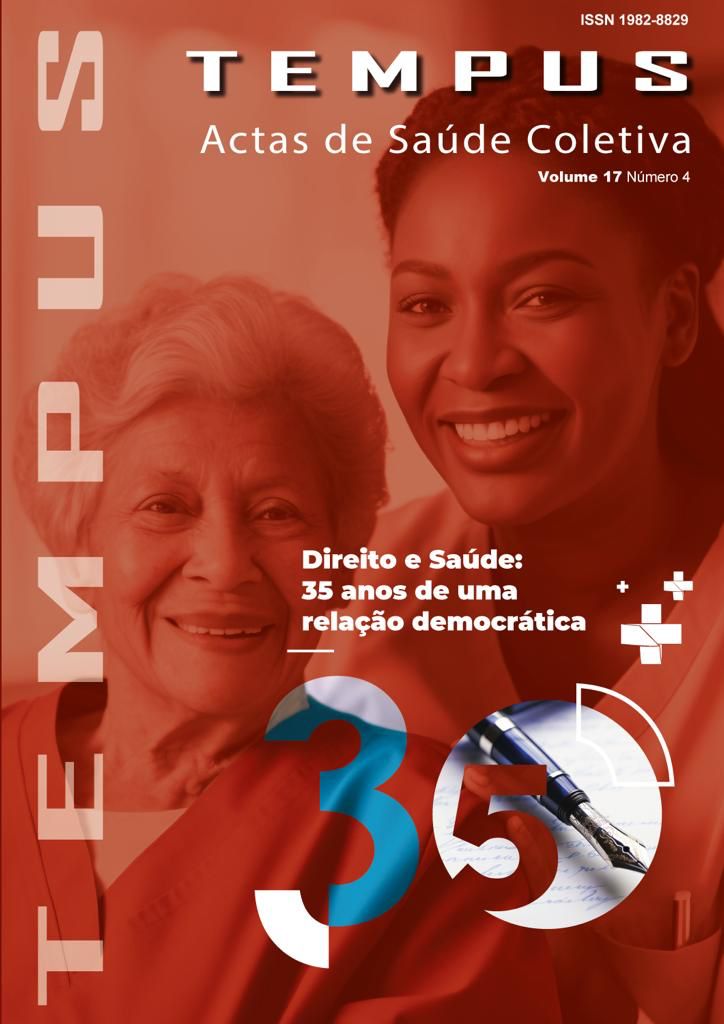Resumo
Objetivos: Descrever a experiências para a desjudicialização da saúde no Brasil. Trata-se de uma revisão integrativa. Metodologia: Realizou-se uma Revisão Integrativa da literatura com buscas na Biblioteca Virtual em Saúde (BVS), Scientific Electronic Library Online (Scielo), Cadernos Ibero-Americanos de Direito Sanitário, Revista de Direito Sanitário da Universidade de São Paulo e Google acadêmico. Resultados e discussão: Os artigos analisados são unânimes em apresentar experiências exitosas que estabelecem arranjos institucionais dialógicos. Algumas experiências se destacam: Câmara Permanente Distrital de Mediação em Saúde (CAMEDIS) da Defensoria Pública do Distrito Federal; espaços de mediação e resolução de conflitos instituído pelo Ministério Público de Minas Gerais; Câmara de Resolução de Litígios em Saúde (CRLS), no Rio de Janeiro; e “SUS Mediado”, câmara de conciliação no estado do Rio Grande do Norte. Em contrapartida, a única experiência não exitosa identidicada, não contou com participação plural dos setores interessados na temática. Os achados apontam que a desjudicialização é um caminho promissor e viável. Conclusões: Há necessidade de consenso como estratégia pré-processual, destacando os canais de comunicação entre os profissionais de saúde, executivo e o judiciário, o estabelecimento de câmaras de mediação e conciliação que tem um baixo custo, são céleres e visam suprimir conflitos e reduzir as demandas judiciais desnecessárias dos litígios em saúde.
A Tempus garante critérios rigorosos, por meio de avaliação sistemática. Os autores se responsabilizam pela veracidade e ineditismo do trabalho cabendo a eles a cessão de direitos de publicação à revista. A confiabilidade dos conteúdos e a marca própria de apresentação tem como objetivo uma comunicação personalizada, adaptada aos padrões da revista, na medida em que adota critérios de excelência exigidos por seus usuários e especialistas, considerando os rigores da comunicação científica. Os autores devem especificar sua contribuição individual na concepção, delineamento, execução do trabalho, análise ou interpretação dos dados, redação e aprovação final do manuscrito. Incluir Fontes de financiamento e de apoio logístico das pesquisas. Ao final da submissão do artigo, os autores devem enviar uma declaração de cessão de direitos de publicação à Revista TEMPUS , assinada e no formato PDF (Portable Document Format ): Modelo da declaração de cessão de direitos.
